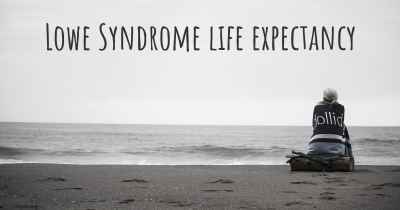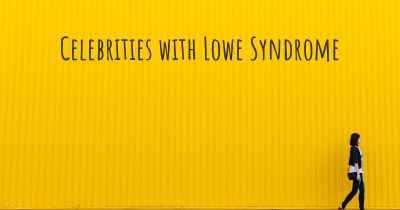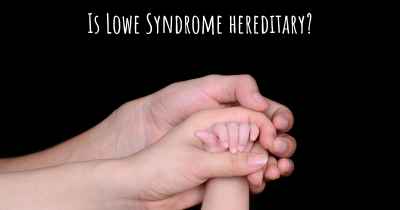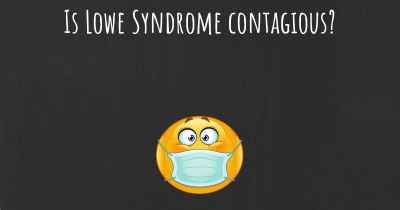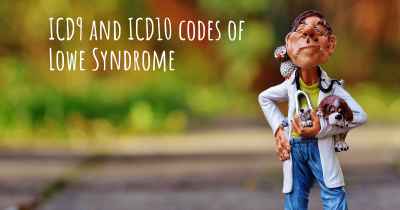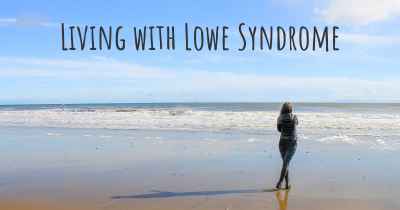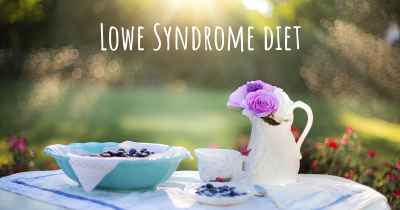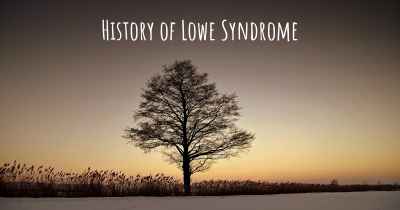Is there any natural treatment for Lowe Syndrome?
Are there natural treatment(s) that may improve the quality of life of people with Lowe Syndrome? Here you can see if there is any natural remedy and/or treatment that can help people with Lowe Syndrome

Lowe Syndrome is a rare genetic disorder that primarily affects males. It is characterized by a combination of eye abnormalities, kidney problems, and intellectual disabilities. The condition is caused by mutations in the OCRL gene, which is responsible for producing an enzyme called OCRL1. This enzyme plays a crucial role in various cellular processes, including the regulation of the transport of substances within cells.
Currently, there is no known cure for Lowe Syndrome. However, there are several natural treatment approaches that can help manage the symptoms and improve the quality of life for individuals with this condition.
Dietary Modifications
Dietary modifications can play a significant role in supporting overall health and well-being in individuals with Lowe Syndrome. It is important to consult with a healthcare professional or a registered dietitian to develop a personalized diet plan based on the specific needs of the individual.
A well-balanced diet that includes a variety of nutrient-rich foods such as fruits, vegetables, whole grains, lean proteins, and healthy fats is essential. Adequate hydration is also crucial, so it is important to ensure an adequate intake of fluids throughout the day.
Physical and Occupational Therapy
Physical and occupational therapy can be beneficial for individuals with Lowe Syndrome. These therapies aim to improve motor skills, coordination, and overall physical functioning. Physical therapy may include exercises to strengthen muscles, improve balance, and enhance mobility. Occupational therapy focuses on developing skills for daily living activities, such as self-care, fine motor skills, and sensory integration.
Assistive Devices
Using assistive devices can greatly enhance the independence and quality of life for individuals with Lowe Syndrome. These devices may include mobility aids such as wheelchairs or walkers, communication devices, and adaptive equipment to assist with daily activities.
Medication Management
Medications may be prescribed to manage specific symptoms associated with Lowe Syndrome. For example, if an individual experiences seizures, anticonvulsant medications may be prescribed to help control them. It is important to work closely with a healthcare professional to determine the most appropriate medications and their dosages.
Regular Medical Monitoring
Regular medical monitoring is crucial for individuals with Lowe Syndrome. This may involve frequent check-ups with various specialists, including ophthalmologists, nephrologists, and geneticists. Monitoring kidney function, eye health, and overall development can help identify any potential complications or changes in the condition.
Supportive Care
Providing a supportive and nurturing environment is essential for individuals with Lowe Syndrome. Emotional support, educational resources, and access to support groups can be valuable for both the affected individuals and their families. Connecting with other families facing similar challenges can provide a sense of community and shared experiences.
In conclusion, while there is no known cure for Lowe Syndrome, various natural treatment approaches can help manage the symptoms and improve the overall well-being of individuals with this condition. Dietary modifications, physical and occupational therapy, assistive devices, medication management, regular medical monitoring, and supportive care all play important roles in the comprehensive management of Lowe Syndrome.
